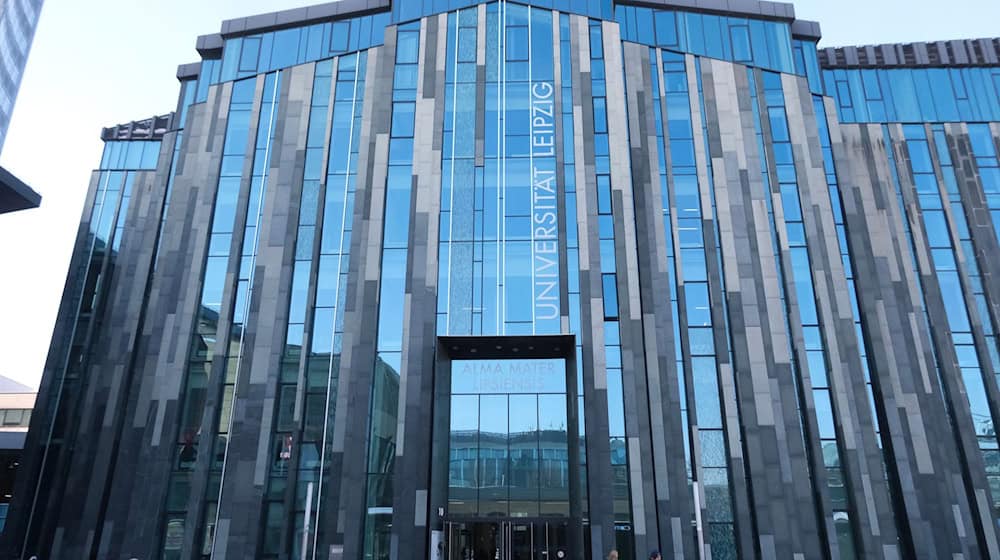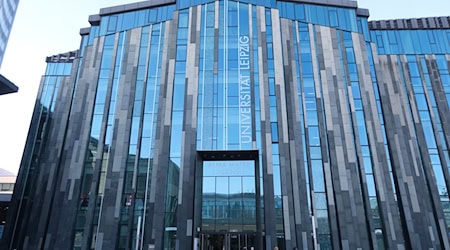Saxony wants to provide each of the successful clusters in the Excellence Initiative with an additional 500,000 euros. This sum had already been given for the application phase. Science Minister Sebastian Gemkow (CDU) assured the universities concerned in Dresden and Leipzig of further financial support from the government - subject to the decisions of the state parliament. The full proposals for the clusters must be submitted by August 22, and the decision will be made on May 22, 2025. The process is managed by the German Research Foundation and the German Council of Science and Humanities. The aim of the Excellence Strategy is to strengthen top-level university research.
From 143 outlines for clusters of excellence, 41 were selected for the next round
For the current round of the Excellence Initiative, 143 new outlines were submitted by German higher education institutions and universities. "Full proposals" may now be submitted for 41 projects. In addition to the three existing Clusters of Excellence, TU Dresden is represented with three new proposals and Leipzig University with two. All in all, Saxony has eight hot potatoes in the fire. A total of up to 70 clusters of excellence could ultimately be funded nationwide, it was said. The federal and state governments will provide a total of around 385 million euros annually for funding until 2025, and 539 million euros from 2026. Each cluster can expect an annual funding sum of eight to 10 million euros. The federal states pay a quarter of this. The term is seven years.
Minister: Visibility of cutting-edge research increases
Gemkow wished the two Saxon universities every success. "This will make us even more attractive for excellent researchers and increase the visibility of cutting-edge research and cutting-edge technology 'Made in Saxony'."
TU Dresden wants to remain one of Germany's top universities
The TU Dresden wants to remain a top university for the 21st century, said Rector Ursula Staudinger. "We want to offer innovative solutions for the global problems of our time (....) With the submission of six full proposals, four of them under our sole leadership and two together with our partners, we are underlining our performance as a top research institution and are confidently entering this decisive phase of the current round of the Excellence Strategy." At the same time, the professor reaffirmed TU Dresden's claim to be one of the top universities in Germany in the long term.
Leipzig Rector Eva Inés Obergfell spoke of a significant milestone for Leipzig University. She said the university could be proud that top-level research in Saxony had held its own in the face of strong competition. The Free State has an absolute leading position, especially for the East German federal states. This could now be strengthened and intensified. The University of Leipzig submitted three outlines and was awarded two full proposals. TU Dresden was successful three times with five new applications.
Universities in Leipzig and Dresden submit a total of six applications for clusters
In the case of Dresden, this involves three new clusters, all of which have abbreviations. The REC2 cluster aims to create the scientific basis for the electronics of the future - for sustainable and resource-conserving production. Among other things, the BiC cluster wants to find out whether brain mechanisms can be transferred to machine learning and the development of therapies. The Care cluster is concerned with climate-neutral and efficient construction. The aim is to cooperate with colleagues from RWTH Aachen University.
The two applications from Leipzig concern the Center for Metabolism, which aims to gain a better understanding of diseases that arise from metabolic disorders and lead to serious health problems such as diabetes mellitus, fatty liver and cardiovascular diseases. The "Breathing Nature" cluster will research interactions between biodiversity, climate and human behavior.
In addition to Clusters of Excellence, the Excellence Strategy also includes Universities of Excellence. TU Dresden has been the only university in an eastern German state to hold this title since 2012 and was confirmed in 2019. Two clusters of excellence are a prerequisite for the title. Applications for the title of University of Excellence can be submitted in November 2025.
Copyright 2024, dpa (www.dpa.de). All rights reserved










